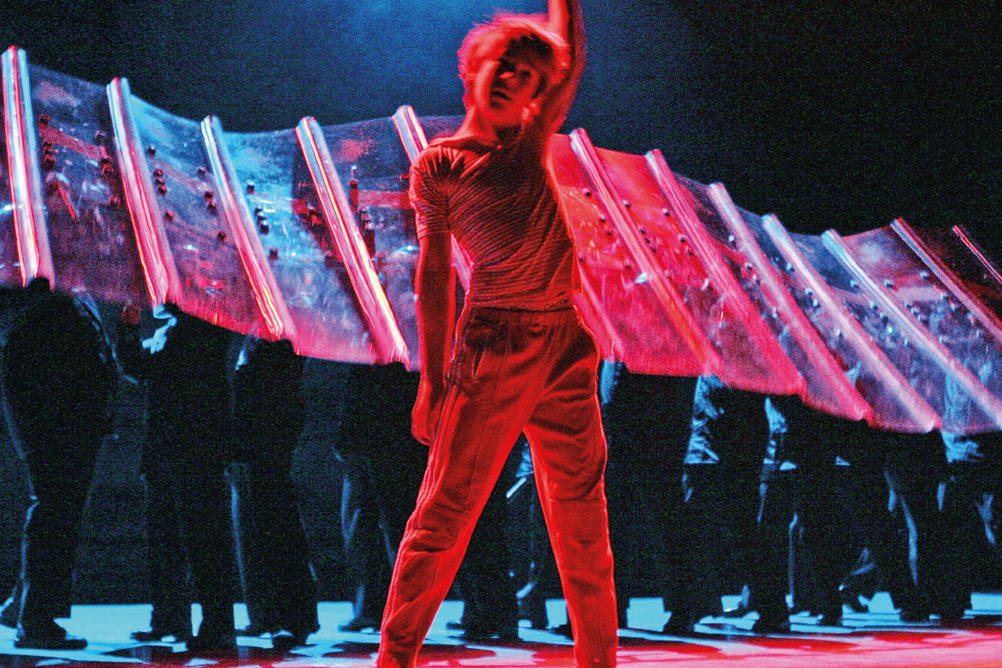In each issue of D&T, we take a closer look at a play and examine some of its performance considerations. This time, Nick Smurthwaite discusses the hit show Billy Elliot the Musical.

Like all great musicals, Billy Elliot stands or falls by its narrative. Even before it opened in the West End to great acclaim in 2005, the show's producers and creatives knew they were backing a winner, as the 2000 film on which it was based had already won an army of admirers around the world.
How could any theatregoer resist the premise of a motherless boy from a poor mining town in the North-East overcoming every obstacle and hardship to realise his dream of becoming a ballet dancer? On top of that, it has a score by Elton John and Lee Hall, writer of the original film.
Register now to continue reading
Register to the Drama & Theatre website today and gain access to all the latest news and developments from the world of drama education.
By registering you will receive:
-
Free access to 4 subscriber-only articles per month
-
Unlimited access to news and opinion on our website
Already have an account? Sign in here
